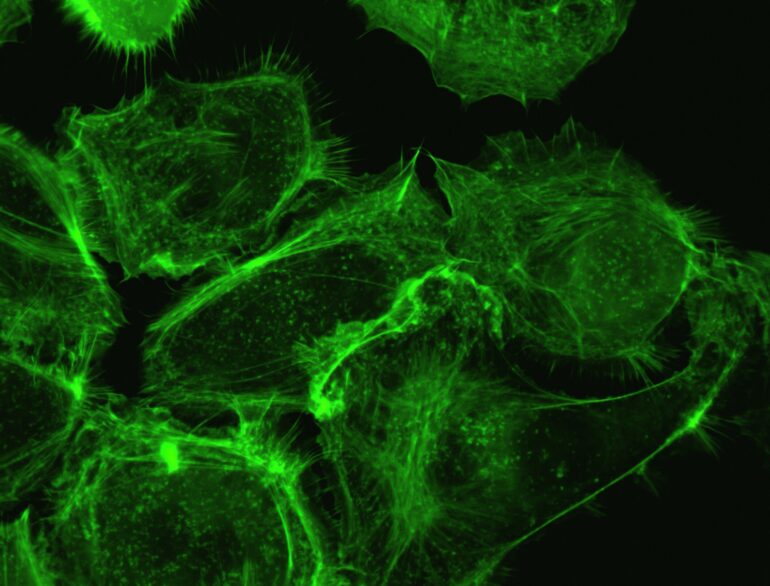TL;DR:
- NRG Oncology’s study introduces COLOXIS, a machine learning model predicting oxaliplatin benefits in colon cancer treatment.
- COLOXIS utilizes data from NSABP trials to classify patients into signature-positive and signature-negative groups.
- Patients identified as signature-positive show an improved response to oxaliplatin, while signature-negative patients do not.
- The study, published in the Journal of Clinical Oncology, marks a significant milestone in personalized cancer care.
Main AI News:
A groundbreaking study showcases a machine learning algorithm’s ability to anticipate the advantages of oxaliplatin in cancer treatment
Cutting-edge research has unveiled a significant advancement in the treatment of stage 3 colon cancer. The conventional approach involving FOLFOX therapy, comprising fluorouracil, leucovorin, and oxaliplatin, though effective, often poses risks of neurotoxicity, which can become chronic.
In a recent development, NRG Oncology has spearheaded a study introducing a novel machine learning model capable of predicting which patients with colon cancer might benefit from incorporating oxaliplatin into their treatment regimen. By leveraging data from the NSABP C-07 and C-08 trials, this innovative model, dubbed “COLOXIS” (colon oxaliplatin signature), offers a tailored approach to treatment decisions, potentially minimizing adverse effects for patients who may not benefit from oxaliplatin.
The study, published in the esteemed Journal of Clinical Oncology, marks a significant milestone in personalized medicine. Through meticulous analysis of 1,065 patients enrolled in the NSABP trials, the COLOXIS model effectively stratified patients into two groups: signature-positive and signature-negative. Remarkably, those classified as signature-positive exhibited a favorable response to oxaliplatin, while the signature-negative group did not derive significant benefit.
Dr. Katherine L. Pogue-Geile, a leading figure in the research team, expressed the core objective of COLOXIS: “To identify patients who stand to benefit from oxaliplatin and spare those who do not from unnecessary adverse events.” The implications of this breakthrough are profound, paving the way for more precise treatment strategies tailored to individual patient profiles.
The study’s findings underscore the potential of COLOXIS in reshaping clinical practice by optimizing the utilization of oxaliplatin-containing regimens. As the medical community strives for enhanced precision and efficacy in cancer care, further validation and integration of this model are imperative, signaling a promising era of personalized oncology.
Conclusion:
The introduction of COLOXIS represents a significant leap forward in the quest for personalized cancer care. By accurately predicting the benefits of oxaliplatin in stage 3 colon cancer treatment, this machine learning model has the potential to revolutionize clinical practice, leading to more efficient and tailored treatment approaches. Market players should anticipate a paradigm shift towards precision oncology, with COLOXIS guiding treatment decisions and optimizing patient outcomes.

